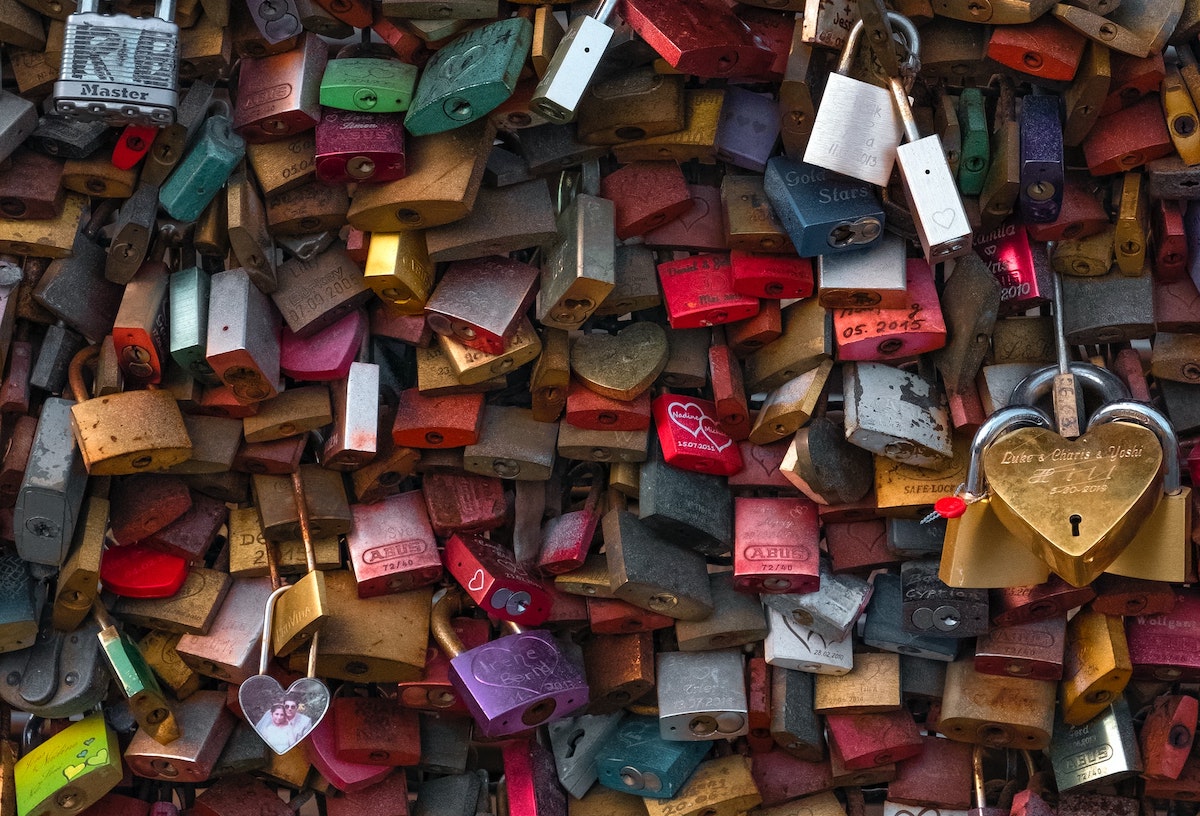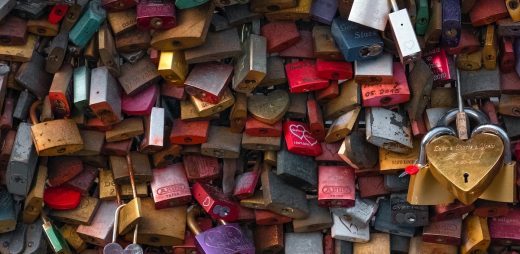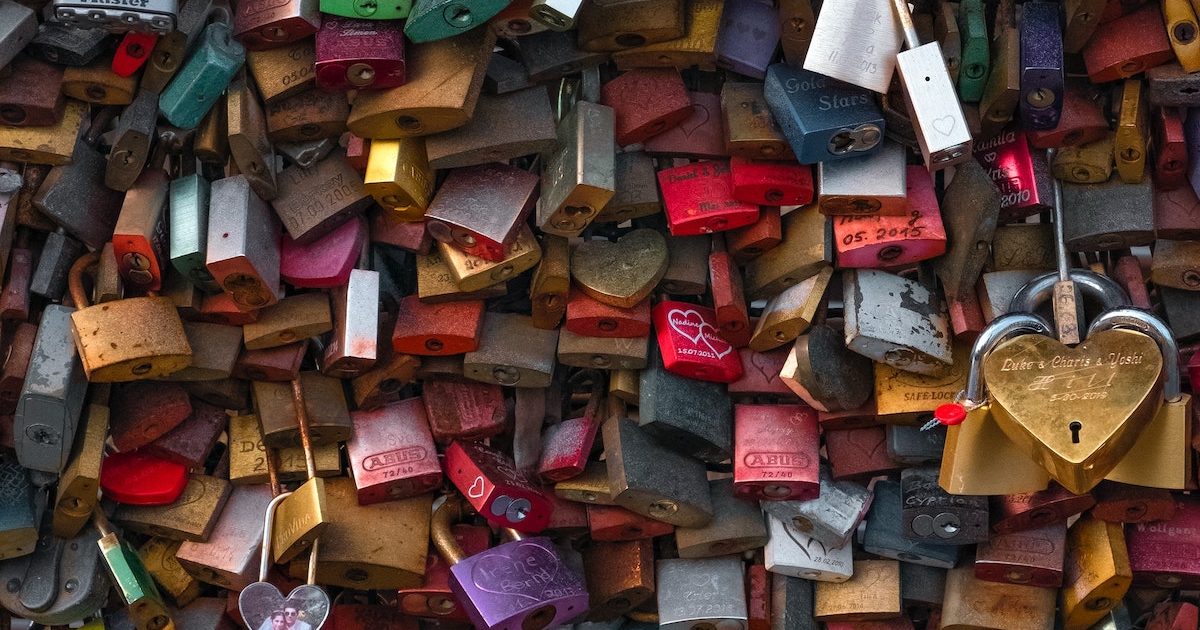Password Generator



PASSWORD-Gen is an online random password generator. It is coded in JavaScript, you can find source code on GitHub.
The weakest point in the security of your online accounts is usually your password. Traditional passwords are no longer secure. Piracy techniques have evolved rapidly and significantly in recent decades, but the way we create passwords has not kept pace.
The most recent and effective password attacks can attempt up to 300 billion suppositions per second, and this number will undoubtedly increase over the next few years. Gross force attack is a method used in crypt analysis to find a password or key that consists of testing all possible combinations.
This method allows to break all passwords in a finite time, independent of the protection used, but the time increases with the length of the password. In theory, the complexity of a raw force attack is an exponential function of the length of the password, making it virtually impossible for long passwords.
A correct password meets the following criteria:
Because the length of a password is one of the main security factors, password phrases are much safer than traditional passwords. At the same time, they are also much easier to remember and type.
They are not as strong as passwords generated randomly by this tool, but they are always a good option if you don't want to use a password generator. They are also the best way to generate the main password for a password manager or your operating system account, since they cannot be automatically filled in by a password manager.
Choose multiple random words. Add some capital letters, numbers and symbols. You can add spaces between words if you prefer.
For example:
Do not place words in a predictable model or form a correct sentenceIt would be much easier to guess.
Do not use song lyricsquotes or anything else that has been published. Attackers have massive databases of published works to build from possible passwords.
Do not use personal information. Even when combined with letters and numbers, someone who knows you or searches for you online, can easily guess a password with this information.
Do not use the same password on multiple accounts. A recent UK study showed that 55% of users use the same password, most of which is "low", to connect to multiple websites on the Internet. Many popular sites fail to adequately ensure the security of your password in their systems, and hackers break them regularly and access hundreds of millions of accounts. If you reuse your passwords, someone who hacks a single site will be able to connect to your accounts on other sites. Make sure you have unique passwords for all sites that store financial or other sensitive data, or those that could be used to damage your reputation.
Make sure your email password is also strong. With many online services, your e-mail address serves your identification. If a malicious user accesses your email, it can easily reset passwords and connect to your account.
Do not share your passwords. Even if you trust the person, an attacker may intercept or spy on the transmission, or hack that person's computer. If you suspect someone else knows your password, you must change it immediately.
Do not send your password to an email. E-mails are rarely encrypted, making them relatively easy for attackers to read.
Do not save your passwords in a web browser. They often fail to store passwords securely in order to use a password manager instead. See the section on password managers above for more information.
On a public computer, do not save passwords and use "Remember Me" options. If you do, then the next person to use the computer will be able to access your account. Also make sure you log out and close the browser when you're done.
Do not write your password. If it's written somewhere and someone can find it, it's not sure.
Don't change your passwords for no reason, Unless you suspect they were compromised. As long as you have the highly recommended password type on this page, changing it frequently will do nothing to minimize the risk of it being compromised.